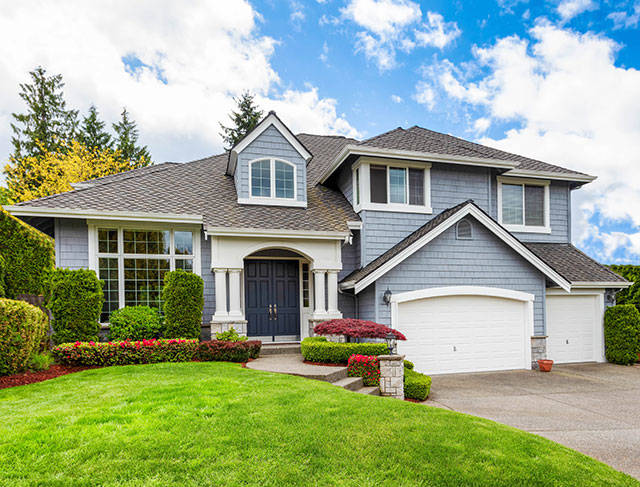New short-term housing rental restrictions and requirements are coming to the city of Kent for homeowners.
The City Council adopted an ordinance Nov. 19 that primarily targets people who rent their homes on the internet through such websites as Airbnb and Vrbo. Owners must limit short-term rentals to 30 consecutive nights, pay a city business license ($51), pay the state lodging tax (1 percent on overnight rate), meet safety standards set by the state, rent a maximum of three rooms in a home (if the entire home is not being rented) and the owner or non-transient tenant must live at the home at least six months per year.
Several residents complained to city leaders about the impact of short-term rentals that bring extra vehicles into a neighborhood, especially if a lot of people are renting the house.
Councilmember Dennis Higgins asked city staff at the council’s Committee of the Whole meeting on Nov. 12, whether the six-month requirement to live in the home has become a standard requirement among cities dealing with Airbnb rentals. He also wondered how Kent’s new code compares to other cities that regulate short-term rentals.
“A lot of other cities are doing this, especially those that get a lot of tourism,” said Erin George, city planning manager. “People buy homes and rent them full time. We are right in the middle and falling in line with other cities.”
The Renton City Council adopted short-term rental market regulations in December 2018 that requires owners to have a business license and provide additional parking for guests. A short-term rental is defined as less than 30 continuous days.
Earlier this year, the state Legislature enacted Chapter 64.37 RCW, which provides uniform requirements regulating short-term rentals.
“I think this finds a balance,” Higgins said after thanking city staff for their research efforts. “It does not cause a big headache for most, but (applies) to those abusing the system. I think you struck that balance.”
George said a look at the Airbnb website showed there are about 221 active rentals in the Kent-Covington area, with 74 for the entire home and 147 for individual rooms.
Councilmember Satwinder Kaur asked city staff about how they plan to enforce the new law.
“The code is the first step, and making people aware is the next step,” George said. “We will need to talk about how to raise awareness … maybe a postcard or put in on our website that a business license is required.”
As far as actual enforcement, George said the city will rely on complaints from residents before city staff would take any action.
Adult care homes, long-term rentals
The new ordinance also addresses adult care homes and long-term rentals.
Kent will follow state requirements that limit adult care homes to six residents. Currently Kent allows as many as 10 residents in adult care homes located in multifamily and commercial zones.
There are about 118 licensed adult care homes in the city, George said. Owners must have a city business license and a state operator license.
For long-term rentals (more than 30 days), a new category will call them communal residences. Owners cannot lease or sub-lease more than three rooms. And the number of unrelated individuals allowed will be reduced to four from six.
“We cannot limit the size of family (in a home) if related,” George said. “If unrelated, we can limit the number to whatever we want.”
The goal of the limit is to cut down the number of cars at a single-family home, George said.
Talk to us
Please share your story tips by emailing editor@kentreporter.com.
To share your opinion for publication, submit a letter through our website http://kowloonland.com.hk/?big=submit-letter/. Include your name, address and daytime phone number. (We’ll only publish your name and hometown.) Please keep letters to 300 words or less.

